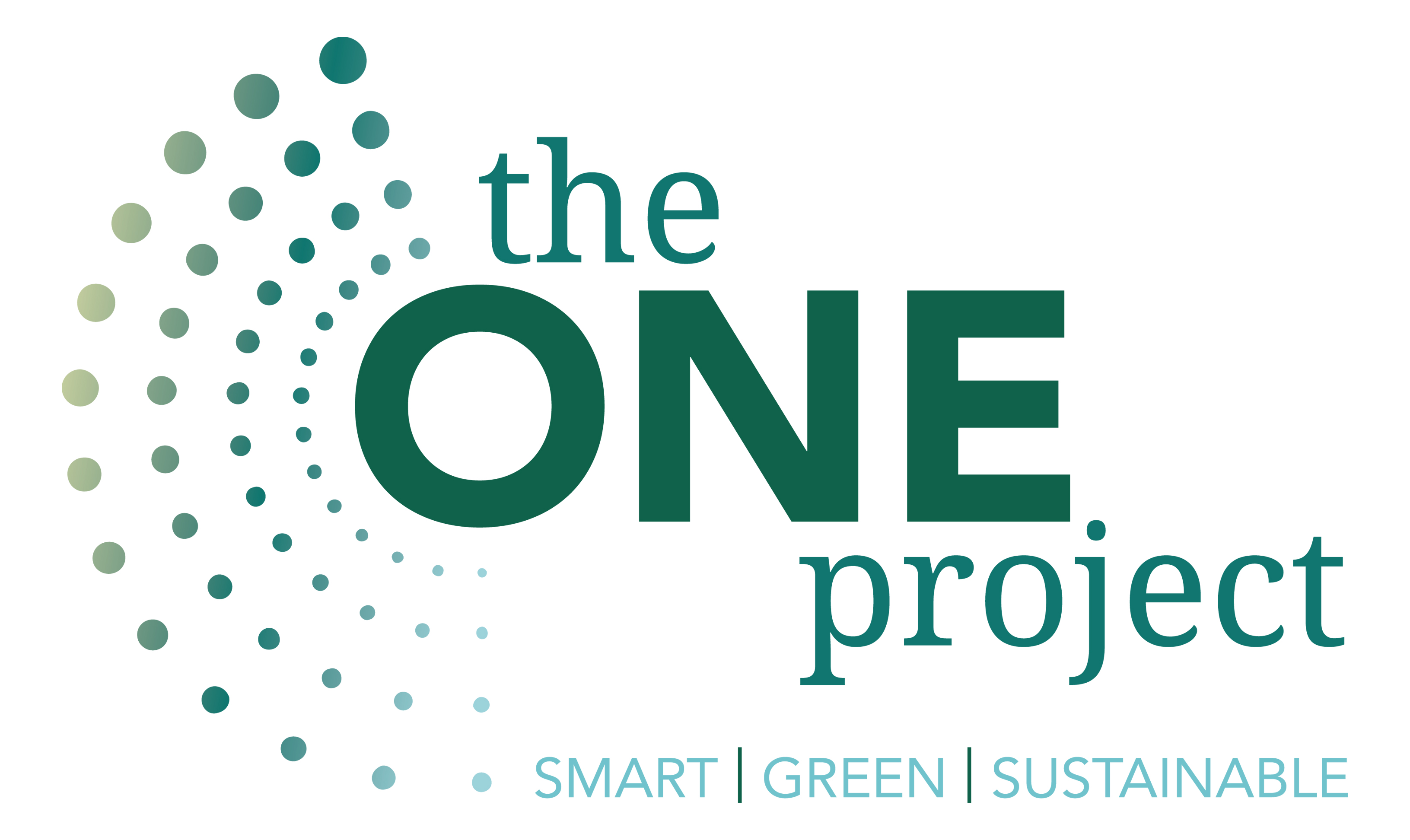UOC is participating in initiative to reduce ecological footprint of European higher education projects
The project provides tools to facilitate sustainable international collaboration
The ONE Project, which started in June 2021, has now drawn to a close. It formed part of Europe's Erasmus+ project, and was led by Germany's FernUniversität in Hagen and involved the Universitat Oberta de Catalunya (UOC). The project has sought alternatives to face-to-face meetings to reduce the ecological footprint that can be caused by travelling to them. This goal has been established within the context of European international higher education projects. The initiative arose to make a contribution to meeting the European Union's environment goals. The idea is to increase our understanding of the environment and digital skills on the part of university leaders and staff, so as to be able to carry out international projects successfully with only one face-to-face meeting between all the people from the different partner countries.
From now on, after its conclusion, the mission of the ONE Project is to support higher education institutions and other project partners to transition towards a new cooperation model that entails meeting face-to-face only once during a project's lifecycle.
Josep M. Duart, Professor in Faculty of Psychology and Education Sciences and a researcher at the UOC's Open Evidence research group, explained that the project's mission "isn't to carry out international projects without any face-to-face meetings, since we're aware of the value of physically being with your partners in international meetings, but rather to provide tools to hold them only when strictly necessary". In this regard, he added that "with two-year European projects, this could be just one meeting, and all of them – both face-to-face and virtual meetings – should be optimized".
The ONE methodology of a single face-to-face meeting fosters more dynamic, digital collaboration, in real time and focused on teamwork. This is achieved by taking the best possible advantage of existing digital collaboration tools. The project has resulted in the publication of three documents.
Tonnes of CO₂ emissions at stake
Firstly, there is The Business Case for One Meeting Projects, a high-level report gathering together support material exploring environmental issues associated with international travel and highlighting the significant reduction in CO₂ emissions resulting from holding more virtual meetings. The report presents the results of a case study in which the UOC participated.
Additionally, two scenarios were posited. In one, different partners in an international project followed the ONE methodology of a single meeting and, in the other, it was not followed, with three meetings being held in different parts of Europe instead of just one. The study's authors measured the environmental impact of the journeys made under these two scenarios. The results show a difference of 10 tonnes of CO₂ emissions between the scenario of a number of face-to-face meetings and that with just one.
With regard to the project's environmental benefits, Duart stressed how "the reduction in unnecessary trips represents a clear commitment to sustainability". "The university world needs to facilitate the tools required to understand the environmental impact of travelling and also to provide others, as the ONE project has done, to optimize the meetings taking place as part of international projects", he added.
Twenty-three digital tools with practical guidance
The project has also produced the ONE Virtual Toolkit, a collection of easy-to-use virtual tools categorized according to the needs of transnational projects. The Virtual Toolkit includes 23 digital tools and practical guidance on how best to use them, providing an excellent starting point for any project manager interested in improving their own digital competency.
The tools are divided into six categories, classified according to their functionality: project management tools, collaboration and file sharing tools, research tools, meeting and webinar tools, polling, presentation and animation tools, and digital content creation tools.
Lastly, another result of the project has been the publication of All-you-need-to-know. Guide to Running ONE-meeting projects. This manual should allow the design of a step-by-step strategy for transforming projects into "one meeting projects", to help meet Europe's sustainable development goals.
This UOC research contributes to Sustainable Development Goal (SDG) 11, sustainable cities and communities, 12, responsible production and consumption, and 13, climate action.
The research project is funded by the European Union (Project Ref. No. 2020-1-DE01-KA203-005676).


UOC R&I
The UOC's research and innovation (R&I) is helping overcome pressing challenges faced by global societies in the 21st century, by studying interactions between technology and human & social sciences with a specific focus on the network society, e-learning and e-health.
The UOC's research is conducted by over 500 researchers and 51 research groups distributed between the university's seven faculties, the E-learning Research programme, and two research centres: the Internet Interdisciplinary Institute (IN3) and the eHealth Center (eHC).
The University also cultivates online learning innovations at its eLearning Innovation Center (eLinC), as well as UOC community entrepreneurship and knowledge transfer via the Hubbik platform.
The United Nations' 2030 Agenda for Sustainable Development and open knowledge serve as strategic pillars for the UOC's teaching, research and innovation. More information: research.uoc.edu
Experts UOC
Press contact
-
Editorial department
